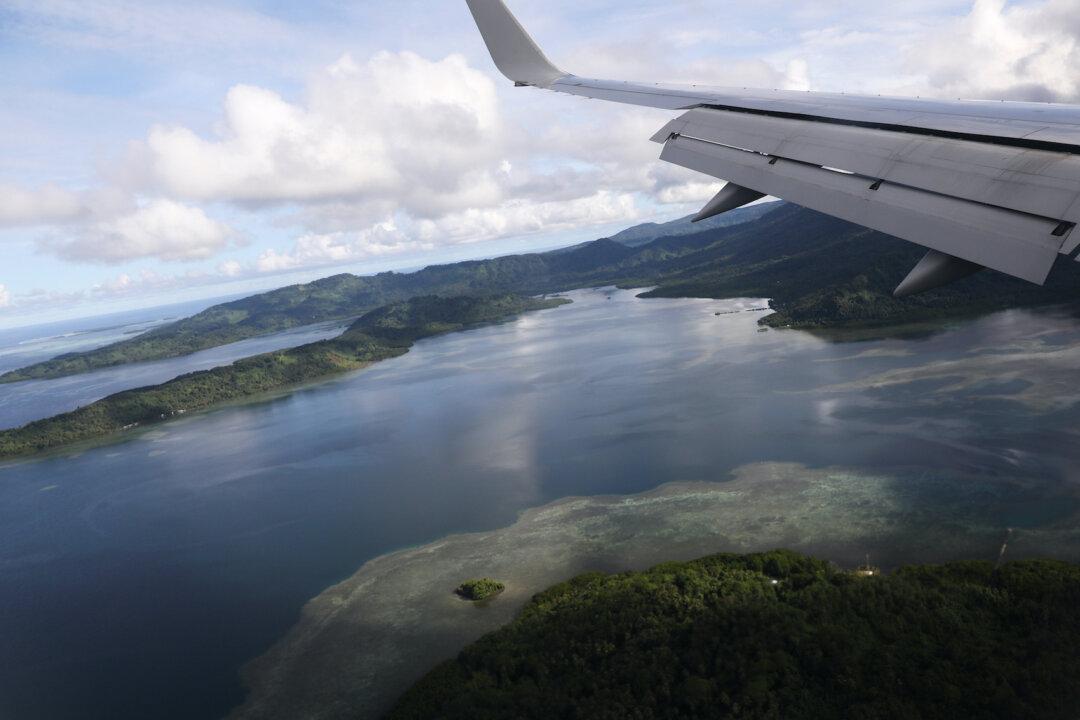The United States struck three agreements with the Federated States of Micronesia (FSM) on May 23 to sustain cooperation at “significant levels” amid ongoing rivalry between the U.S. and China in the Pacific region.
The accords were signed by Alissa Bibb, the charge d'affaires of the U.S. embassy in Pohnpei, and Micronesian negotiator Leo Falcam Jr. as part of the Compact of Free Association (COFA), the State Department said.





